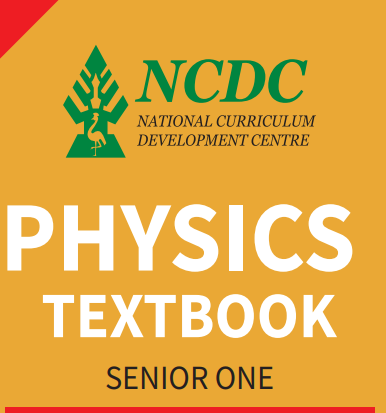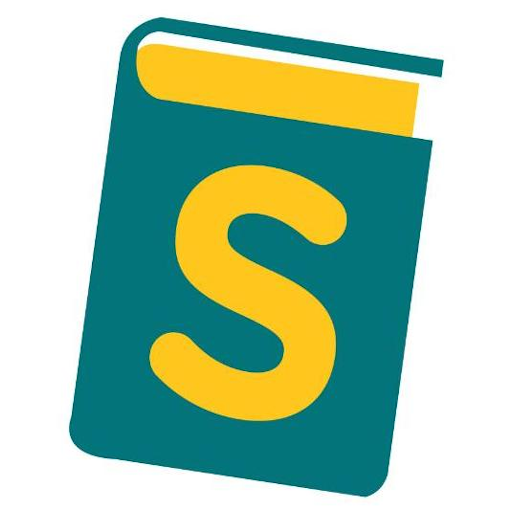Probable New A-level Curriculum Changes
The Government of Uganda through the NCDC recently phased out the Old Curriculum for Lower Secondary after working on the Thematic Curriculum for Primary Level. In this new Curriculum, teachers are supposed to adopt a Student Based Mode of teaching and student needs, engagement, personal development, research, practical skills are supposed to be at the fore of the education cycle. The changes are suggest that Beginning, Mid and End of term exams are not to be administered but instead learners be assesed during the teaching and learning process through projects and activities of integration. However, in order to prepare the learners for the end of cycle assessment, the schools shall develop full papers at the end of year, for senior one, two and three.
When these learners progress to Alevel, the following competencies shall most likely be achieve by the then developed curriculum:
- A positive attitude towards vocational and hands-on work
- Resilience
- Ability to apply knowledge to solve everyday life challenges
- vocational skills,
- ICT skills,
- Business and entrepreneurship skills
- Creativity and innovation
- Problem-solving skills,
- flexibility and adaptability
- critical thinking
- project management skills
- public relations
- communication skills,
- conflict resolution skills,
- hard work
- Honesty, self-esteem and respect
The current A-level Syllabus has a student doing 3 principal subject and 2 subsidiaries which is to change in the new curriculum
The following scenarios are bound to happen
Scenario 1:
Two essential principals, 3rd vocational and one subsidiary (GP)
The first scenario proposed is to have two essential principal career subjects as required at university and other tertiary institutions and the third one as vocational oriented subject and General paper as a subsidiary compulsory subject.
The two principal career subjects will be for direct career progression to universities and other tertiary institutions while the vocational/ technical module will provide employable skills to every learner. This menu will encourage the early specialisation of students since they will be taking only two essential principal career subjects.
The vocational subject will help students to acquire the necessary practical skills in case they do not join the university and other tertiary institutions. 6 This scenario would be very expensive for schools, the government and parents because offering a vocational subject as a principal compulsory subject requires additional practicum spaces, teachers and teaching materials. In addition, at joining the university a student would be disadvantaged in case they fail one/any of the essential subjects.
Scenario 2:
Two essential principal subjects, 3rd General Paper and one module in vocational
The second scenario proposed is to have two essential principal career subjects as required at university and other tertiary institutions and with a General paper as a principal relevant subject composed of communication skills, ICT skills, Research skills, Entrepreneurship skills, Health education and sustainable development and Basic Mathematics. Introduce at least one Module in the Vocational/ Technical subject area examined by DIT as a Subsidiary.
The two principal career subjects will be for direct career progression to universities and other tertiary institutions while General Paper will provide the generic skills, knowledge, values and attitudes that are expected of every A’ level learner.
The upgrading of General Paper from a subsidiary to a principal with six suggested modules that address the skills requirements demanded by the industry and the community.
The vocational module will help students to acquire necessary practical skills in case they do not join the university and other tertiary institutions. Additionally, this menu will encourage the early specialisation of students since they will be taking only two essential principal career subjects. This scenario is less expensive since vocational will be handled as a module compared to being offered as a principal subject. The challenge with this scenario is the limitation of choices for students joining the university in case one fails one/any of the essential subjects.
Scenario 3:
Three essential principal subjects, two subsidiaries (GP and Vocational Module) The third scenario is maintaining the current three essential principal subjects with two subsidiaries (General Paper and Vocational Module).
The 7 unnecessary content and duplications should be removed across all principals. The general paper should cover additional content on communication skills, ICT skills, Research skills, Entrepreneurship skills, Health education and sustainable development and Basic Mathematics. This scenario will give more career choices as they join university and the international market may require three principal subjects.
The reviewed curriculum will be competence-based (more demanding in terms of time, resources and facilities), it is not feasible to have three career subjects and two subsidiaries in a competency-based system. Based on the profile of an A-Level leaver from the field findings, a learner should possess basic knowledge of research, the ability to live with others, integrity, knowledge of what is happening around (Society), awareness of the direction of his/her career, creative enough to act within the environment using the available resources, positive attitude towards self-employment, be a team player, critical thinker, problem solver, creative and innovative, possess good communication skills, cooperative and a self-directed learner, able to compute mathematics, ICT proficiency, resilient and adaptive, possess basic knowledge of content in the subject area, possess practical or hands-on skills, positive attitude towards hands-on work, able to apply knowledge to solve everyday life challenges, possess vocational skills, possess business/entrepreneurship skills and possess project management skills

